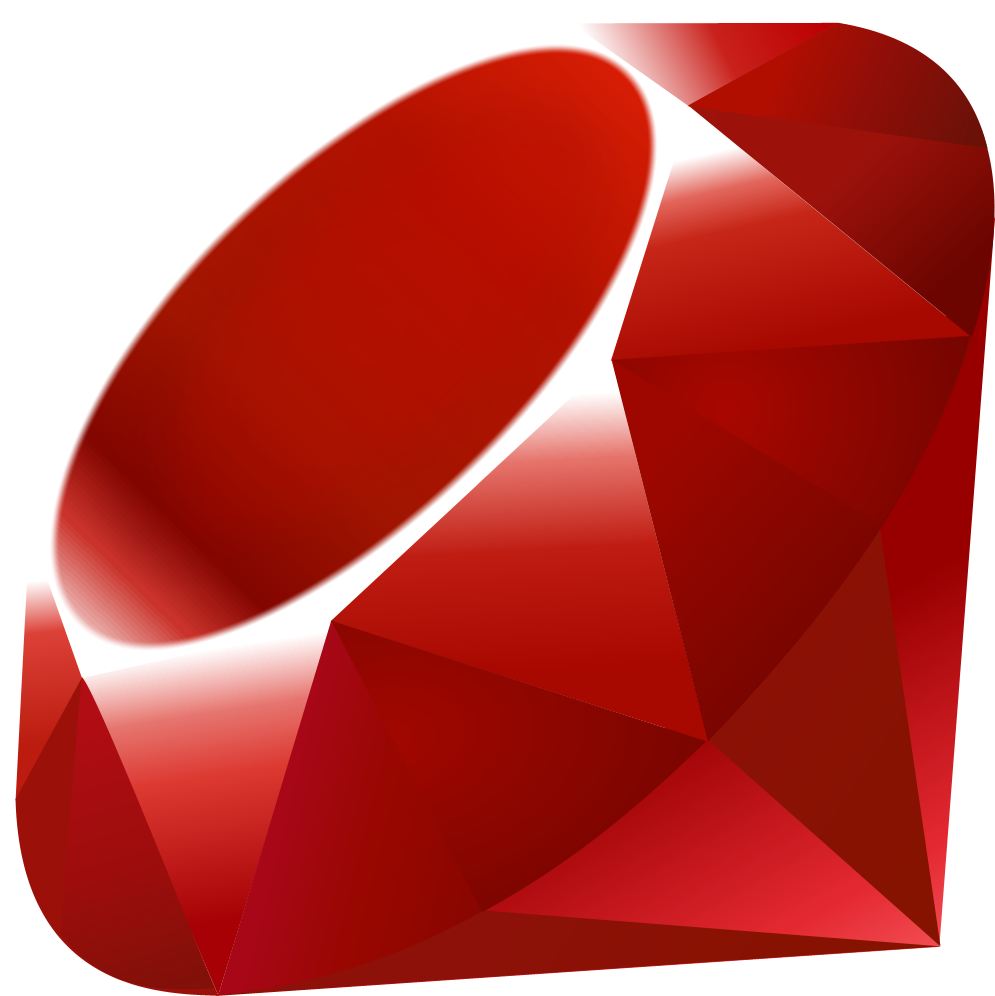ruby
 Ruby is a dynamic, reflective, object-oriented, general-purpose, open-source programming language. According to its authors, Ruby was influenced by Perl, Smalltalk, Eiffel, Ada, and Lisp. It supports multiple programming paradigms, including functional, object-oriented, and imperative. It also has a dynamic type system and automatic memory management.
See ruby-lang.org for more information
This image is built by IBM to run on the IBM Z architecture and is not affiliated with any other community that provides a version of this image.
Ruby is a dynamic, reflective, object-oriented, general-purpose, open-source programming language. According to its authors, Ruby was influenced by Perl, Smalltalk, Eiffel, Ada, and Lisp. It supports multiple programming paradigms, including functional, object-oriented, and imperative. It also has a dynamic type system and automatic memory management.
See ruby-lang.org for more information
This image is built by IBM to run on the IBM Z architecture and is not affiliated with any other community that provides a version of this image.
License View license information here As with all Docker images, these likely also contain other software which may be under other licenses (such as Bash, etc from the base distribution, along with any direct or indirect dependencies of the primary software being contained). As for any pre-built image usage, it is the image user's responsibility to ensure that any use of this image complies with any relevant licenses for all software contained within.
Versions Use the pull string below for the version of this image you require.
| 3.3.8 | docker pull icr.io/ibmz/ruby@sha256:3372dfd241cacd3c31bc1791ab5ac5e4cdb26564fc420774d115d9f8e9f0de03 | Vulnerability Report | 01-14-2026 |
| Version | Pull String | Security (IBM Cloud) | Created |
|---|---|---|---|
Usage Notes
Create a Dockerfile in your Ruby app project:FROM icr.io/ibmz/ruby:[version]
# throw errors if Gemfile has been modified since Gemfile.lock
RUN bundle config --global frozen 1
WORKDIR /usr/src/app
COPY Gemfile Gemfile.lock ./
RUN bundle install
COPY . .
CMD ["ruby", "your-daemon-or-script.rb"]Put this file in the root of your app, next to the Gemfile.
If you are running Ruby script(s) that do not have or require a Gemfile, you can just get rid of all code in Dockerfile that has anything to do with a Gemfile.
You can then build and run the Ruby image:
docker build -t my-ruby-app .docker run -it --name my-running-script my-ruby-app